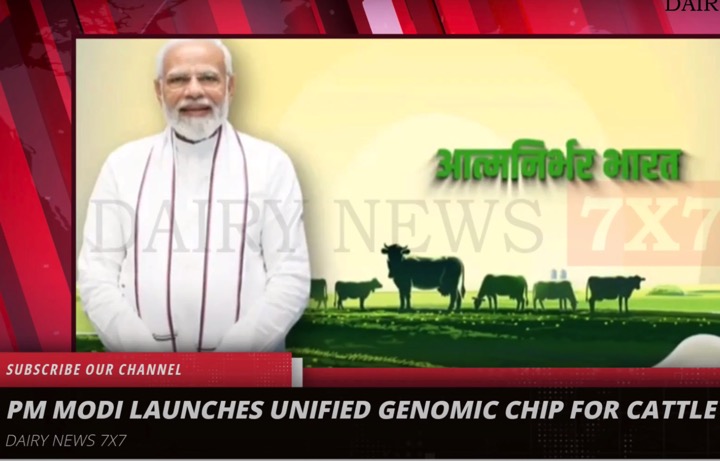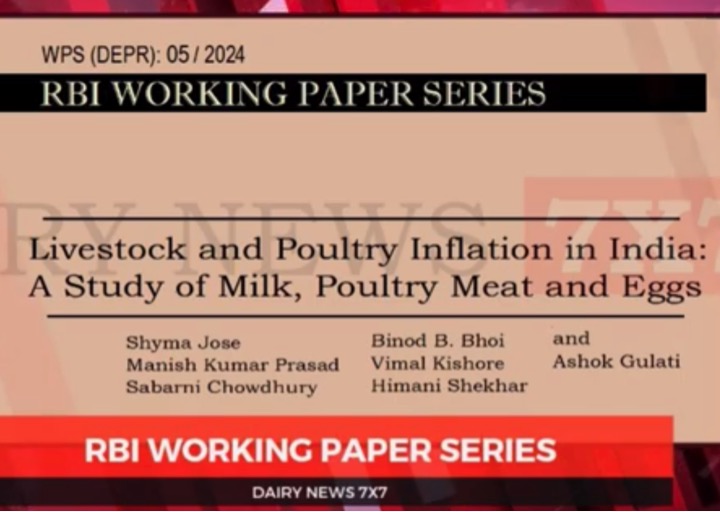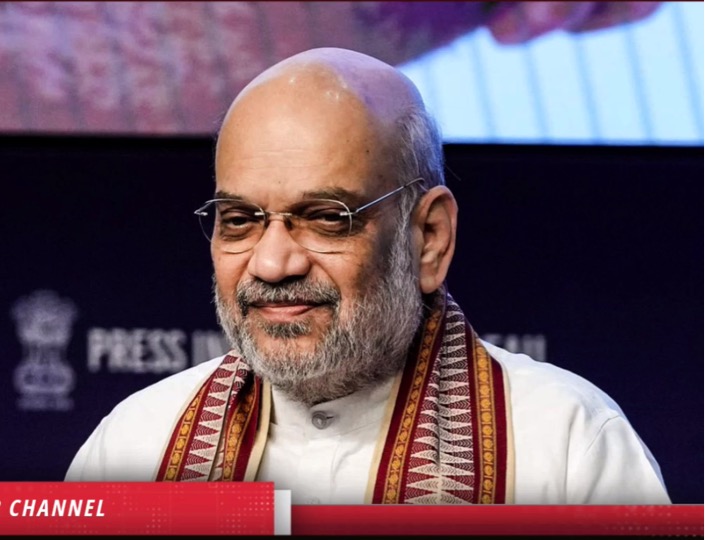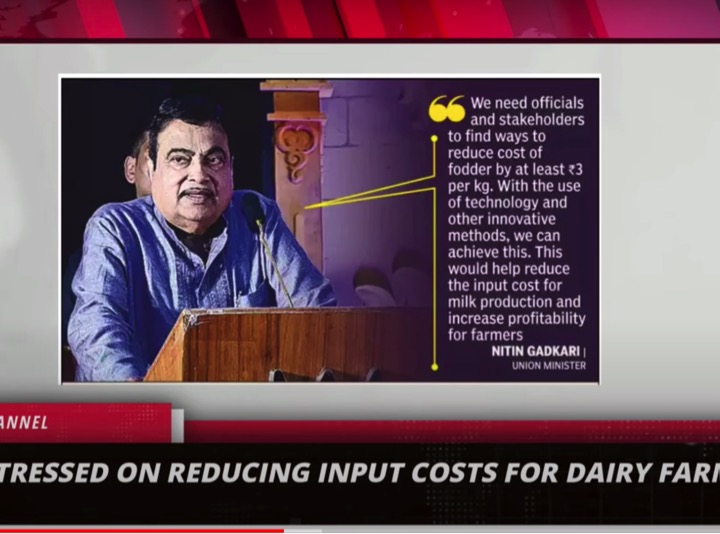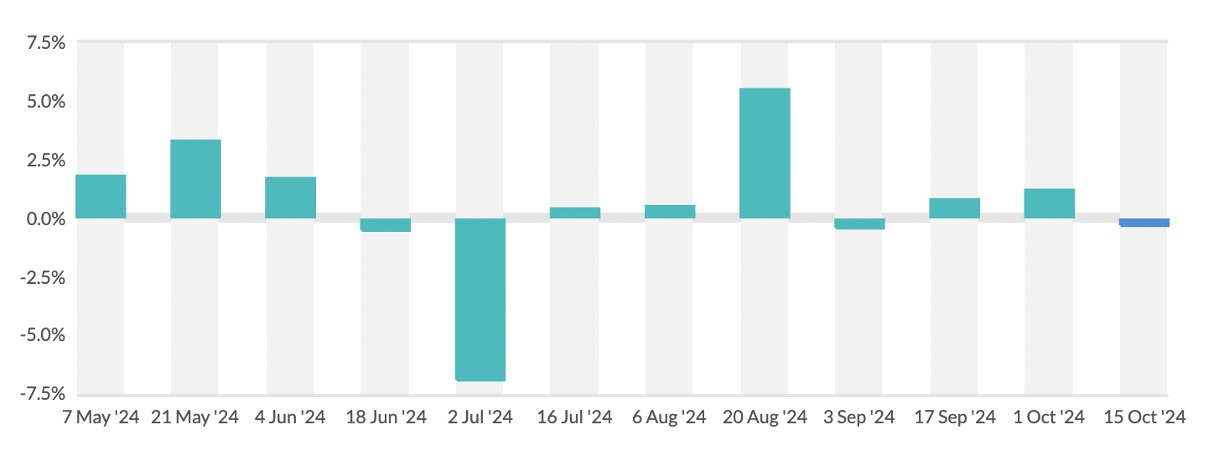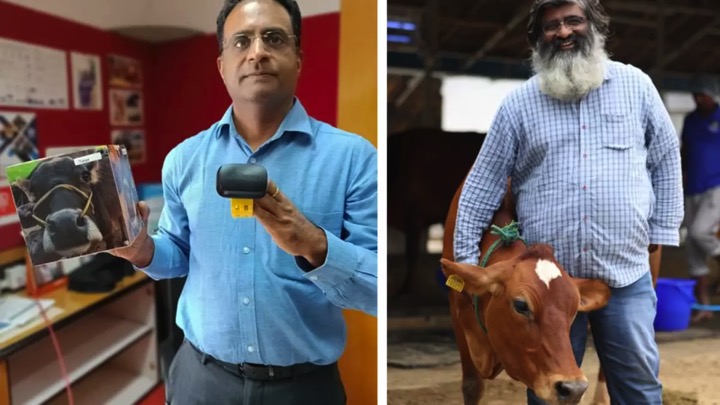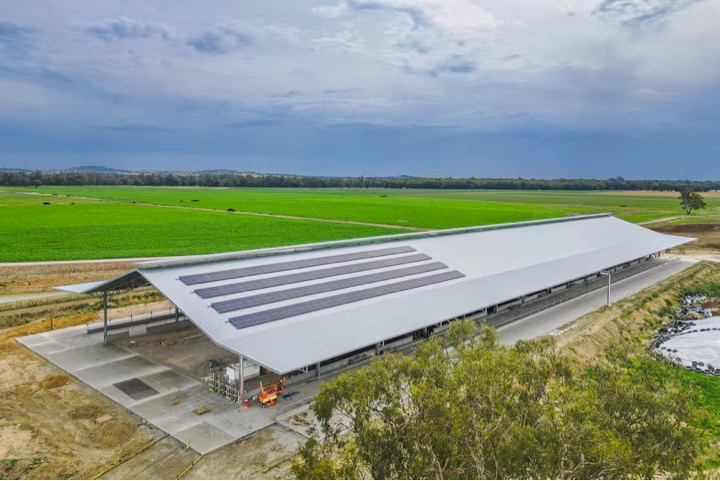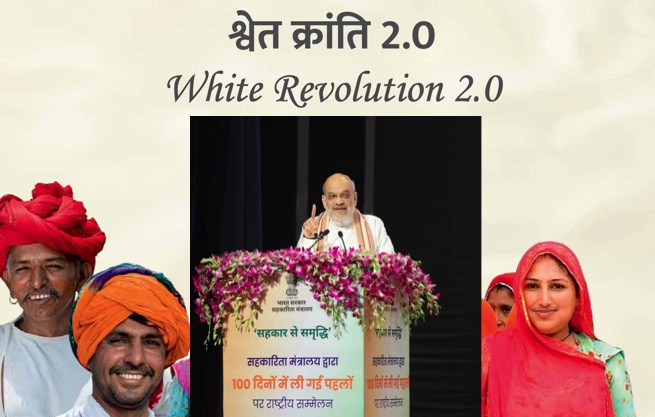The Himachal Pradesh Assembly, on the final and extended day of its Monsoon Session, gave its approval to the Himachal Pradesh Electricity Duty Amendment Bill 2024. This legislation empowers the state government to impose a milk cess of up to ten paise per unit and an environment cess ranging from 2 paise to Rs 6 per unit on electricity consumed by both consumers and industries.
Chief Minister Sukhvinder Singh Sukhu addressed the Assembly, emphasizing that this new taxation measure would not impact small domestic consumers who currently benefit from the state’s free electricity provision of up to 125 units.
These consumers, referred to as “zero bill consumers,” will continue to receive free power. The Chief Minister asserted that the decision to impose the electricity duty was made with thorough consideration and was not taken in isolation, as alleged by some members of the opposition.
He clarified that the decision was deliberated upon in the council of ministers, and stakeholders were consulted to ensure that the policy aligns with the government’s financial prudence.
In response to accusations from Opposition members that the government had failed to transfer the funds collected from the milk cess on liquor sales to milk producers, Chief Minister Sukhu provided a detailed rebuttal. He informed the Assembly that the state government had generated Rs 130 crore from the milk cess on liquor, which was subsequently used to increase the milk procurement price from Rs 32 to Rs 45 per litre.
This increase, he noted, has significantly benefited thousands of milk producers across the state. He also clarified that the previous BJP government had also imposed a milk cess on liquor, but it was designated for cow shelters, not for the direct benefit of milk producers.
The Chief Minister further rejected concerns that the new cess could lead to the flight of industries from Himachal Pradesh. He pointed out that, compared to neighboring states like Punjab, Uttar Pradesh, Uttarakhand, and Haryana, Himachal Pradesh still offers power at a more competitive rate, even with the new cess.
He cited that the imposition of a Rs 6 per unit duty on charging stations would not deter new investments, as these stations currently charge consumers around Rs 20 per unit. With the environment cess, the cost of electricity to these stations would rise to approximately Rs 12 per unit, allowing them to maintain a profitable margin while still supporting the state’s green energy initiatives.
However, the opposition, led by Leader of Opposition Jai Ram Thakur, sharply criticized the government’s decision, accusing it of imposing an undue financial burden on the public.







